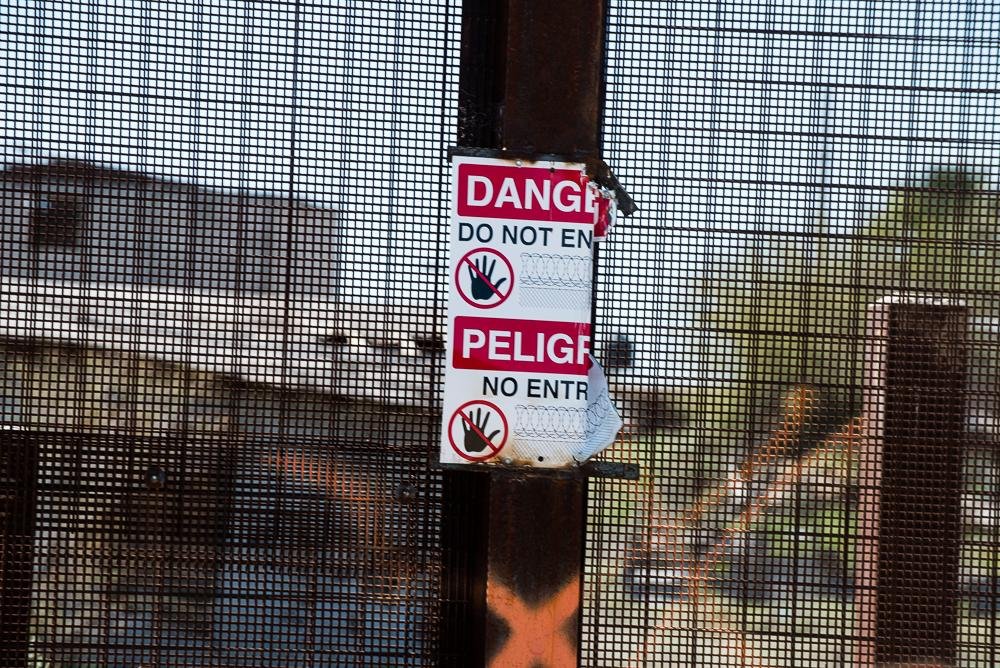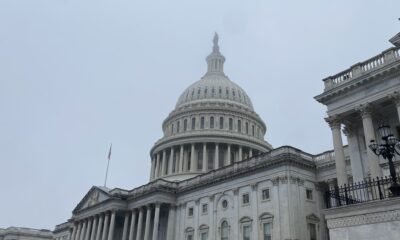border
Federal Judge Greenlights Controversial ICE Raids in Houses of Worship

A federal judge has rejected a request from a multifaith coalition to block a policy reversal by the Trump administration allowing Immigration and Customs Enforcement (ICE) agents to arrest migrants in places of worship. U.S. District Judge Dabney Friedrich, appointed by Trump, ruled that the coalition of 27 Christian and Jewish organizations lacked standing to challenge the new guidelines.
The previous policy, part of a “sensitive locations” rule, restricted ICE and Customs and Border Protection (CBP) from conducting operations in churches, schools, and medical facilities unless under “exigent circumstances” or with high-level approval. The administration rescinded this policy on January 20, stating that strict rules on where enforcement could occur were unnecessary.
Judge Friedrich noted that without evidence showing immigration officers were specifically targeting places of worship, there is no credible threat of imminent enforcement actions. She characterized the lawsuit as a “pre-enforcement challenge,” indicating that the plaintiffs had not established sufficient grounds for their claims.
The faith organizations contended they were adversely affected, citing a significant drop in attendance. One predominantly Hispanic church reported a decline from around 140 to just 90 attendees. Another Spanish-speaking congregation suffered a similar decrease of 25 to 40 percent since the policy change. However, Judge Friedrich acknowledged the injury but doubted a direct connection to the policy reversal.
“The evidence suggests that congregants are staying home to avoid encountering ICE in their neighborhoods, rather than because churches are seen as high-risk locations,” she stated. The coalition referenced the arrest of Wilson Velásquez, a Honduran immigrant detained during a church service in Georgia, as a demonstration of the policy’s impact.
Velásquez, who had complied with all immigration requirements, including attending check-ins, was arrested despite being in the process of seeking asylum. The coalition argued that the policy change forced congregations into a “Hobson’s choice,” where welcoming anyone could invite ICE scrutiny, infringing on their religious freedoms. Friedrich found this argument speculative, lacking proof that places of worship would indeed be targeted for raids.
During a prior hearing, she expressed skepticism about the evidence presented by the coalition, suggesting it was insufficient to support their request for a preliminary injunction. Kelsi Corkran from the Georgetown Institute for Constitutional Advocacy and Protection pointed out the limited record due to pending litigation in Washington and Maryland, where a Quaker coalition has challenged the reversal.
The debate reflects ongoing tensions surrounding ICE’s enforcement practices. Justice Department attorney Kristina Wolfe argued for the need for uniform enforcement of immigration laws, emphasizing that the plaintiffs had not substantiated their concerns about agents storming places of worship during services.


















